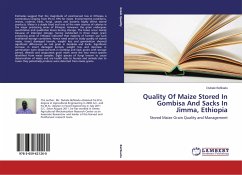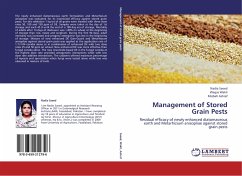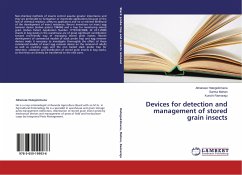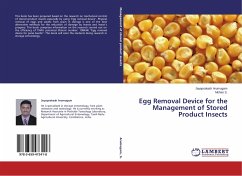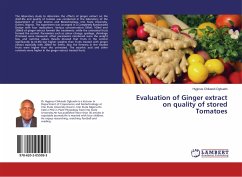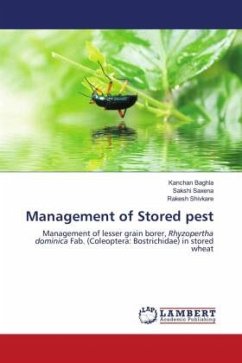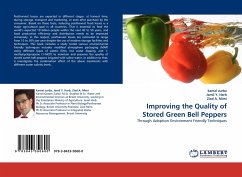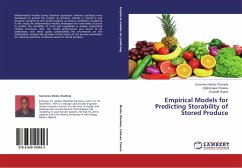Estimates suggest that the magnitude of post-harvest loss in Ethiopia is tremendous ranging from 5% to 19% for maize. Environmental conditions, insects, rodents, birds, fungi, yeasts and bacteria highly affect stored products. Maize is a staple food and one of the main sources of calories in the major producing areas of Ethiopia. However, the grain undergoes quantitative and qualitative losses during storage. The losses occur mainly because of improper storage. Survey conducted in three major grain producing areas of Ethiopia indicated that majority of farmers use such traditional storage containers. Hence need arose to study quality of stored maize. Insect damaged kernels, weight loss and germination showed significant differences on cob grain in Gombisa and Sacks. Significant increase in insect damaged kernels, weight loss and decrease in germination were observed both in Gombisa and Sack grains with storage period. Weevils and angoumois grain moth were the two insect species identified from maize samples. Eight species of fungi known to cause deterioration of maize and are health risks to human and animals due to toxins they potentially produce were detected from maize grains.
Bitte wählen Sie Ihr Anliegen aus.
Rechnungen
Retourenschein anfordern
Bestellstatus
Storno

